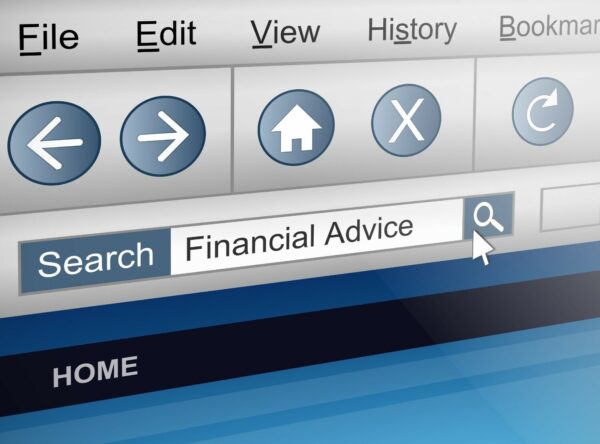Bad Credit, How to Pay Off Debt & Unpaid Credit Collections

Sometimes the best-crafted plans collapse, and you find yourself in a difficult situation. You might have borrowed some funds to pay for your grandmother’s surgery with the promise to pay in six months. But your financial situation worsens, and you fail to repay the loan.
Usually, financial institutions write off unpaid loans as bad debt and forward them to collections agencies. Collecting unpaid credit is often rigorous. Debt collectors employ different tactics to squeeze the funds from debtors – they may call you frequently and even litigate in a civil court.
Implications Of Unpaid Credit Collections
When your creditor engages a debt collector regarding your due credit, it usually means you have a debt in collections. This is because the creditors reach out to collectors after failing to make you pay.
Typically, credit bureaus categorize bad credit depending on the number of days late. The more the number of days, the higher the negative marks on your credit report. For example, your credit report has more negative marks if the debt is 180 days late, while a debt 30 days late earns the least negative marks.
You may be wondering if paying off the bad credit in full could reduce the impact of the negative score. Mostly, no. Once your account appears on a credit bureau’s register for bad credit, it takes seven years to remove the negative score.
So, is it possible to improve your credit report after paying off old debt? Yes, we will show.
1. Pay the debt in one go
Once it is bad credit, a debt puts you in a collector’s shooting range. Unfortunately, your debt collections woes won’t go away until complete payment. Unfortunately, some collectors may go as far as asking a civil court for permission to seize your property.
Old debt leaves an ugly mark on your credit report, which, as said earlier, remains accessible for seven years. However, you could change a few hearts if you paid off the loan in a single payment. This way, the credit bureau will update your credit report with comments such as “settled” or “paid in full.”
It might not count for much, but it may change some lenders’ hearts when they look beyond your credit score. Even when it is late, a debtor who pays his dues is far better than one who absconds.
2. Create a debt payment plan
You can come up with a payment plan even after the loan expires. Debt collectors want to clear bad credit off their books, meaning they will gladly work with you to plan a payment schedule.
However, make sure you have an honest perspective of your finances because no collector will forgive any missing payment. Make sure to tailor the schedule to your current financial condition.
Some creditors might request goodwill deletions of the negative marks if you follow the schedule successfully.
3. Negotiate a debt settlement
Debt collectors are not monsters, at least not all of them. These are people who live among debtors; even some of them owe money, and they have shreds of tenderness in them. So, sometimes it helps to reach out to negotiate a debt settlement.
The good thing is that the negotiation includes clauses, some of which might favor your position. For example, a collector might accept less than what you owe and promise to issue a ‘delete letter’ if you offer to pay as soon as possible.
A delete letter is a written request by creditors and collection agencies to credit bureaus asking to expunge negative marks from a debtor’s credit report. Some collectors may ask for a fee in addition to the loan amount.
Final Thoughts
You are in dire financial shape if your loan goes into collections. Unfortunately, some consumers think that paying off the bad credit wipes their credit report clean. Unless you are smart, your credit report will remain ugly for up to seven years.




